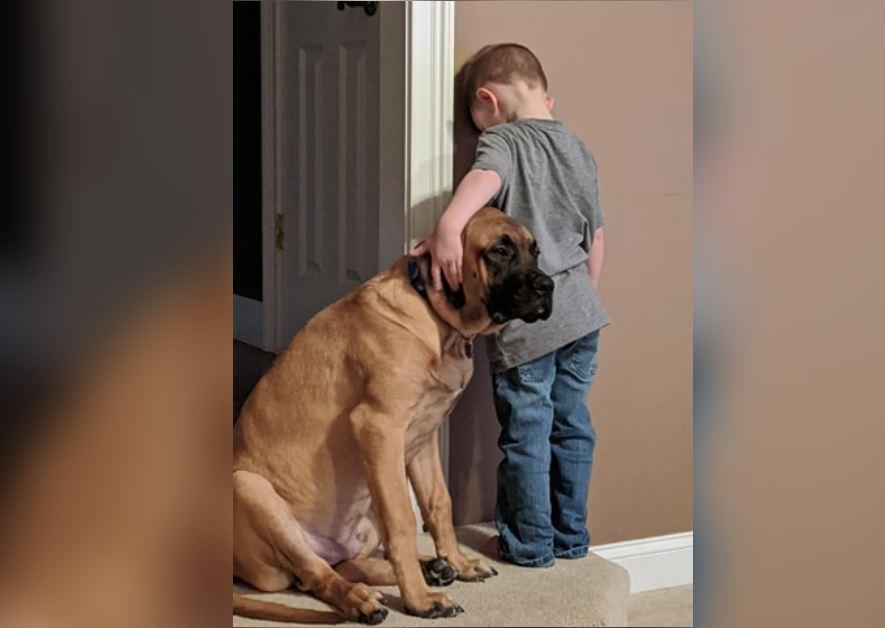It is no doubt a difficult task. The death of a grandparent can be one of the hardest events to comprehend, especially for young children. And while it’s tempting to shield your child from the truth, this will only create confusion and complicate their need for support in the coming months or years. This article highlights some practical ways to explain the death of a grandparent to a child.
1. Take Care in The Emotions
When you decide it’s time to tell your child that a grandparent has died, be very careful in how you express your feelings. You can’t allow yourself to fall into the trap of using childish sayings. Instead, use words that are more appropriate for your child’s age.
2. Discuss How Much to Tell Them
It’s natural for children to be curious about why someone has died. Adults tend to see this curiosity as curiosity about death and dying. Still, it’s really because children want to know everything there is to know about everybody they love and look up to. They get this way of knowing everything by talking, not by asking questions or listening.
Sometimes, a child may not want to talk about the death of a grandparent. It is natural, too. The key is to get prepared for this possibility by knowing what you are going to say when your child does have questions.
3. Be Honest
While it’s important to discuss death with your children, you should never lie about it or make fun of it, which can lead to confusion for a child already confused enough. They need your honesty and support during this time.
4. Don’t Be Afraid to Allow Them to Feel Angry
Some children feel angry after discovering a grandparent has died. They may feel angry with themselves, their family, or the person who died. It is because they want their grandparent back. Let your child know that you understand how he feels and that it’s okay to feel this way, even if it’s not so nice.
5. Don’t Hide Their Feelings
It’s good to help children learn how to feel their feelings and express them. It’s good they can be angry when they need to be, but it is also important that the grandparent be present during this time. If the child doesn’t have time to talk about it, he will keep it inside and become sad or angry.
In many cases, if children have a bad day because of the death of a grandparent, it’s very normal for them to share their feelings with you. It’s important not to interrupt them, change the subject, tell them they don’t need to feel that way or listen without commenting.
6. Explore with Them Why They Feel the Way They Do
As you talk with your child about his feelings, explore why he thinks he’s feeling a certain way. It is also important to explore if there is anything done to take away the child’s guilt or anger.
7. Choose The Right Time and Place
Delicate topics like this can be particularly upsetting. It may be better to use short, simple sentences in a familiar setting with the child and yourself present, such as in your home or at the park.
8. Help Them Talk About It
Children may not want to talk about their feelings with you, but they must talk with others. They may only want to talk about their feelings if they have trouble sleeping. If so, tell them it’s okay to go to bed and talk to you in the morning.
9. Consider Your Child’s Age and Maturity
Understandably, it will depend on the level of understanding of your child. For a young child, it’s best to tell them that grandpa or grandma has gone away instead of being dead. The concept of death is hard to understand for young children and can easily be explained as sleeping or going away for a long time.
Death is a hard thing for children to cope with. But with your support and honesty, they can learn to fully understand the death of a grandparent, even if it takes them some time.





